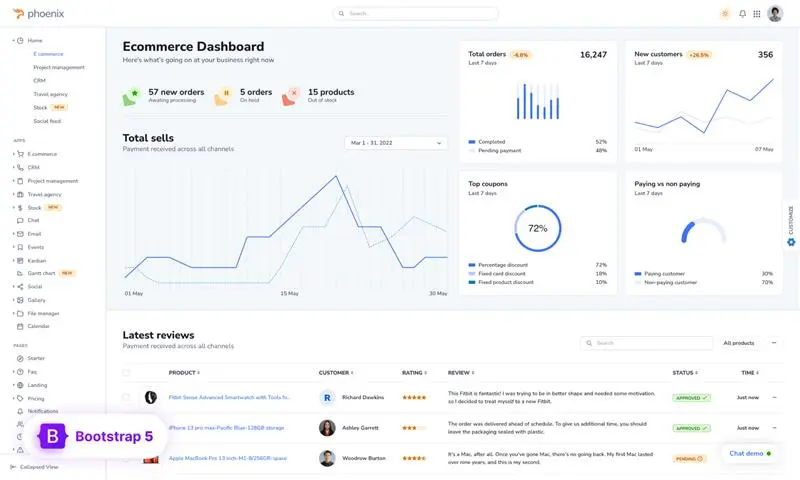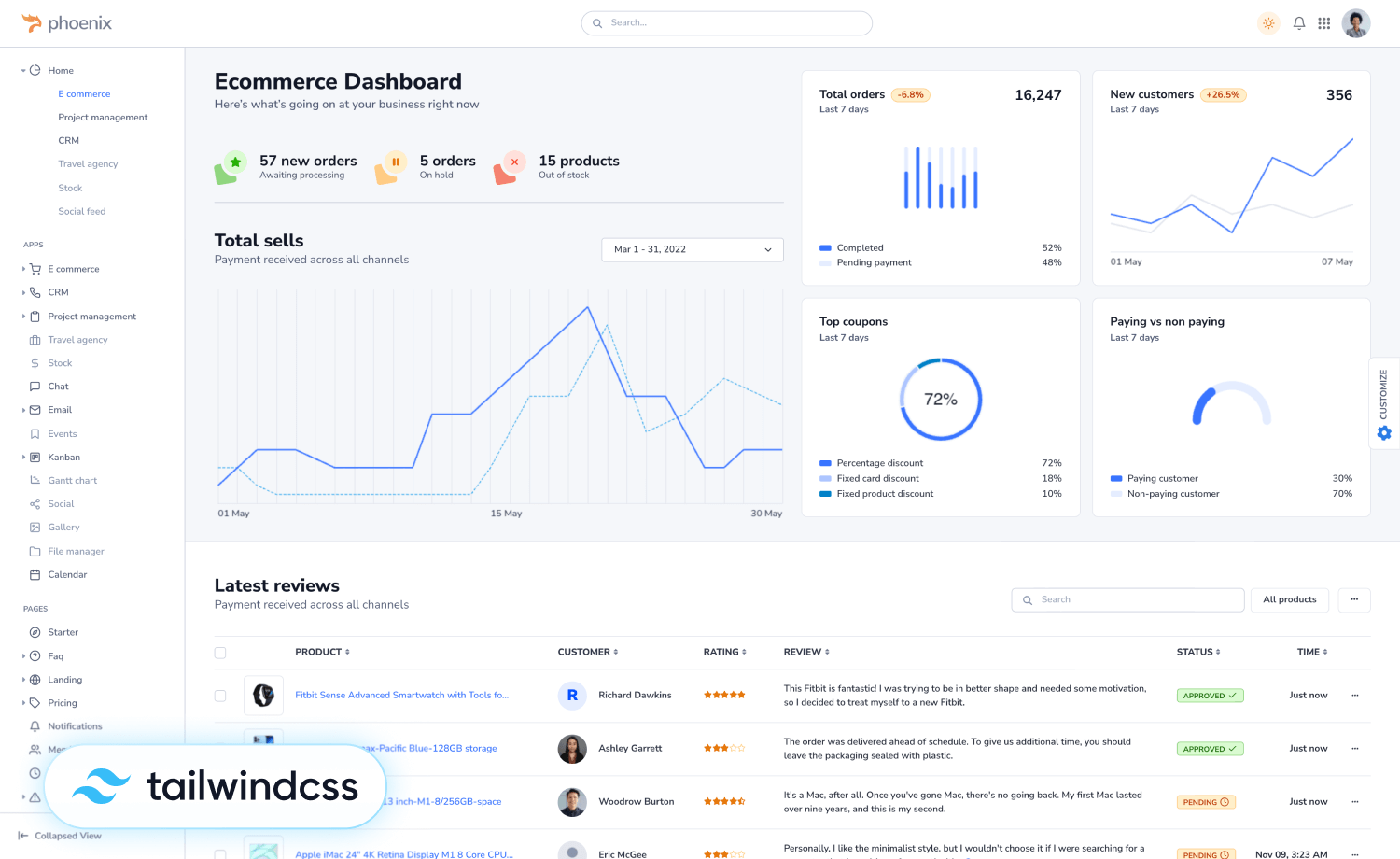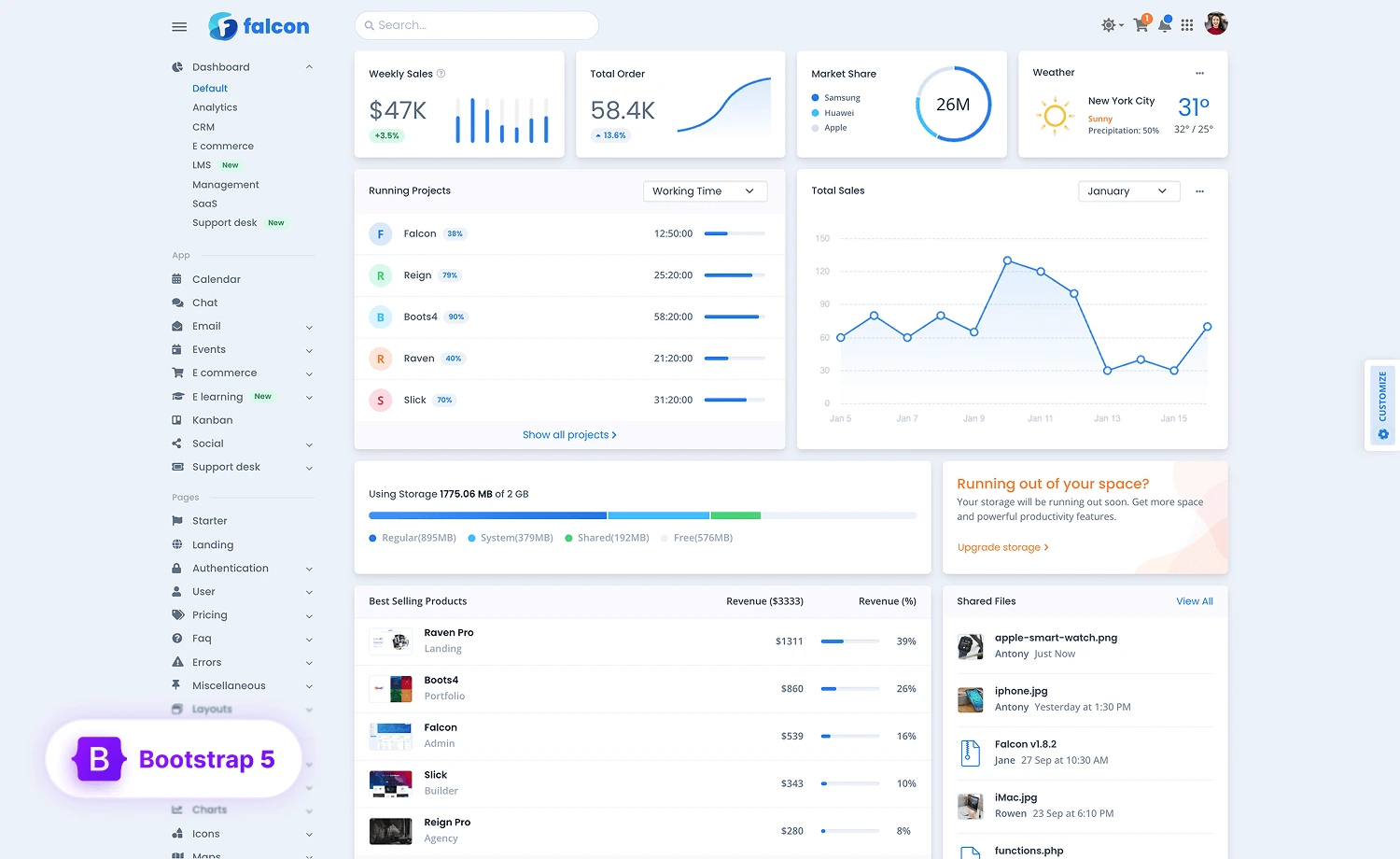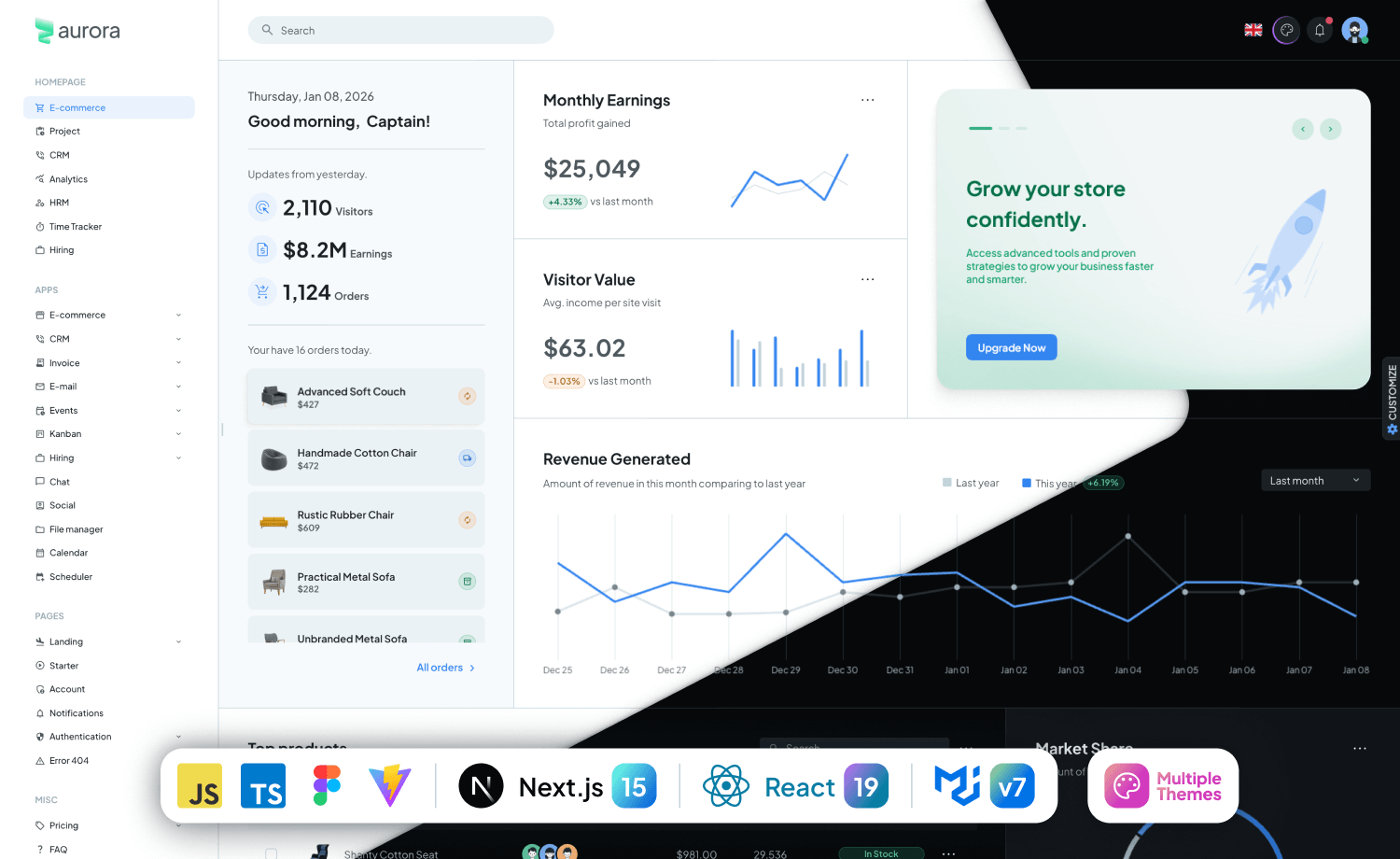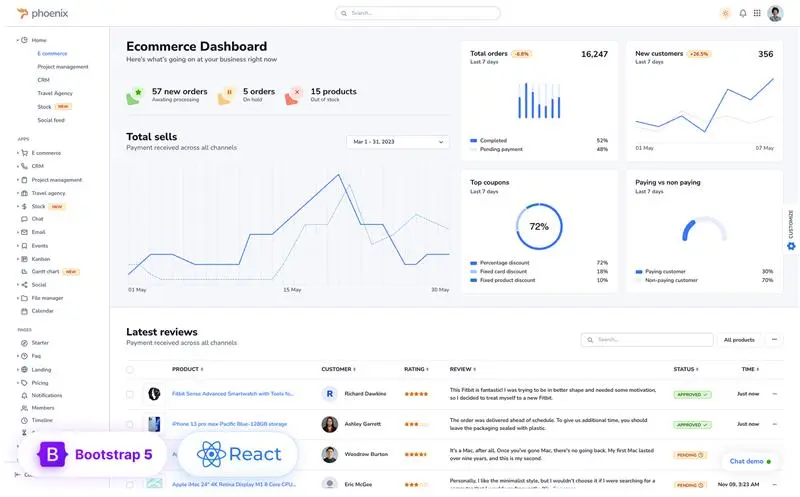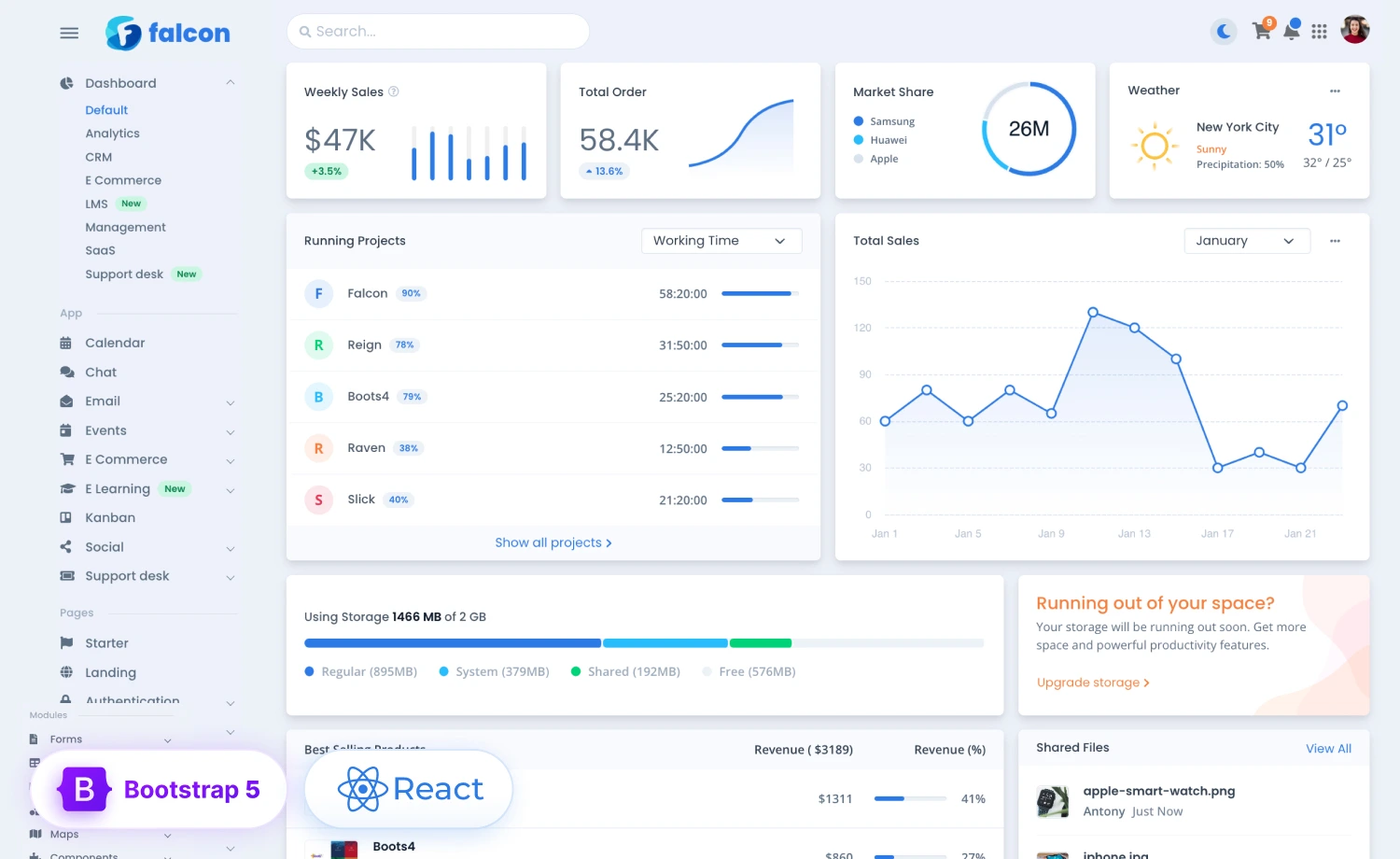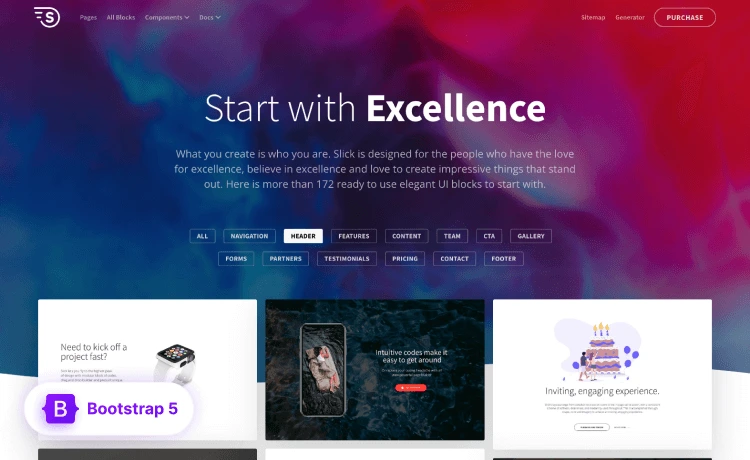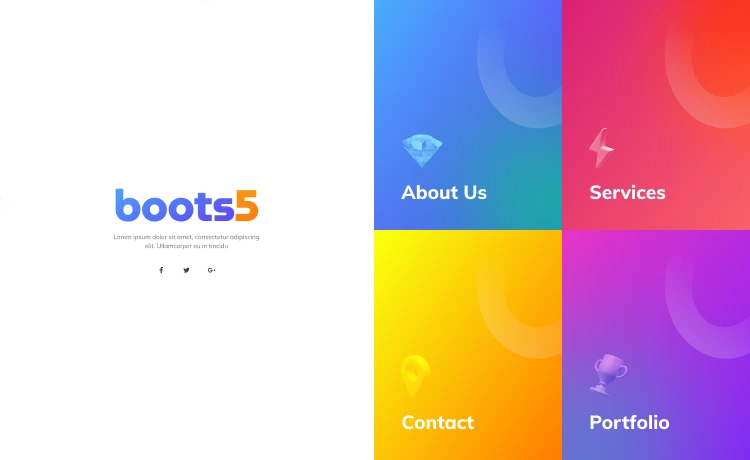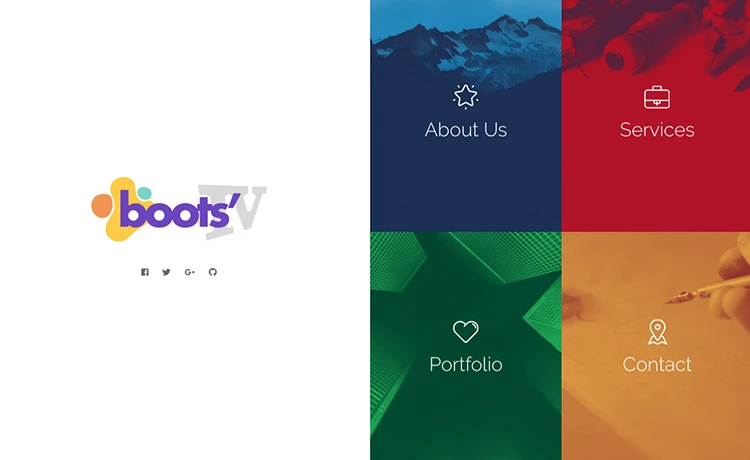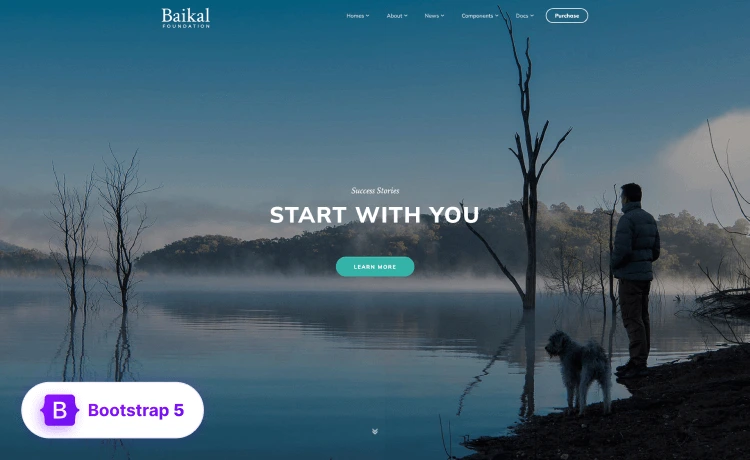Data privacy and the collection and usage of user information have been major hot topics for the past two years. For a while now, organizations—from startups to corporations—have been collecting data on their customers to create algorithms and products that cater to them better.
However, as more and more companies worldwide fall victim to data breaches and hacks, consumers everywhere are growing more aware of their data privacy rights. This year is also the third anniversary of the EU’s GDPR going into effect, regulating the collection and use of personal consumer data.
If you’re a business owner or entrepreneur, there are several things you can do your part and protect. Here are some of the most significant privacy trends in 2022 that you can follow.
1. Make it easy for customers to access or delete their data
With more companies like Optus, Instagram, and Nvidia facing data breaches and being accused of mishandling user data, it’s becoming more critical for users to take privacy back into their own hands. This year, Amazon was also investigated and fined USD 887 million because of a complaint by La Quadrature du Net, a French privacy group.
Earlier in 2021, Google announced that it would phase out third-party cookies, while Apple announced it’s allowing iPhone users to disable apps to track them for targeted ads. As a business, you can also make it easier for customers to access or delete their data whenever possible. Even if you’re in a country that doesn’t have regulatory frameworks for such data protection, giving customers a choice to access their data will help increase brand trust and loyalty.
These days, consumers are expecting to be able to view, download, and delete their data anytime and anywhere. Companies are expected to anticipate these demands to compete with one another.
While it’s great that companies are making their bid to protect consumers, there’s a lot that consumers can do to protect themselves, too. For starters, instead of accepting the default privacy setting on any application, device, or software, customers can alter them to meet their privacy and security needs. Next, make it a point to understand the type of data your device can collect and what it can do.
2. Collaborate with privacy-focused companies to make consumer privacy essential
For privacy-conscious consumers, a virtual private network (VPN) and anti-malware software are just two essential items in their tech survival kit.
To make it easier for consumers to protect their data and privacy, companies could create products that already have privacy protections by default. Alternatively, by collaborating with businesses that produce VPNs and anti-malware, security apps could be preloaded by default into devices.
Working with like-minded companies or making privacy a focus in your business can help solidify your business’s position in the marketplace and in the eyes of consumers as a company that’s focused on protecting customers.
In 2015, Apple successfully rebranded itself and became one of the most privacy-sensitive big technology companies worldwide. Since then, the company introduced iPhone features that restrict data collection, tracking pixels, and hide IP addresses. The company’s transition towards becoming more privacy-focused has undoubtedly helped the brand gain new customers.
3. Businesses are expected to take accountability for their actions
Considering that we live in the age of social media, companies are now expected to respond quickly and take accountability for their actions more than ever. Although time limits for handling privacy requests differ per a country’s law, companies are being held to a higher standard these days. The timeliness of a company’s response to an inquiry could influence the public’s perception of the brand.
According to the CMO Council’s survey, the most important attribute of a good customer experience is a fast response time. But how fast should companies respond exactly? Within 15 minutes to no more than an hour.
As such, more companies will rely on automated features such as AI and chatbots to generate responses and address customer concerns in a shorter span of time.
4. Expect to go cookie-less in the near future
Lately, consumers are more aware of their data privacy rights and have no qualms about exercising them. That said, companies will have to expect that collecting third-party data like cookies might become obsolete. Instead, companies will have to focus their methods on consent-driven data collection. Consumers will also want control over the data they’re giving up.
Consumers could also do their part in protecting their privacy by being wiser about the types of cookies they’re accepting and staying informed about any changes that come with privacy laws and policies in the country they’re in.
Personal data and privacy have never been as critical as it has been right now. More than ever, customers are growing more aware of their privacy rights and have defined expectations towards the companies, services, and technological devices they’re using and subscribing to.
Privacy and data protection regulations and rules will also likely change in the future, which can be exciting for many companies.

